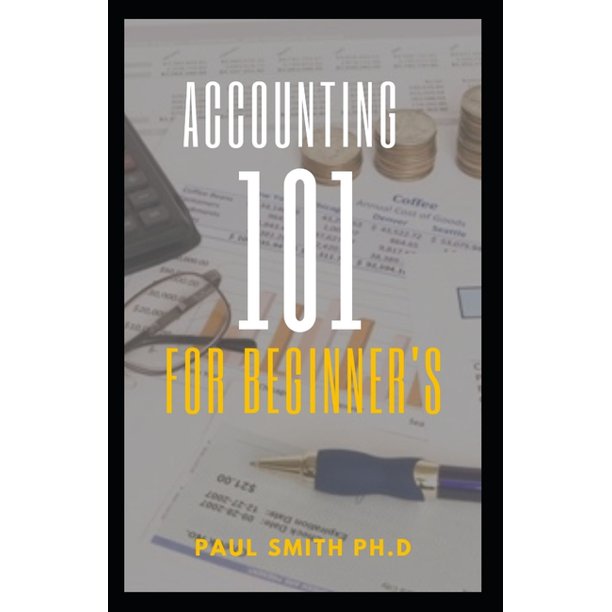
Manager planning refers to the way an organization allocates resources and meets its goals. The first step is to identify goals. It should have both a quantitative component as well as a qualitative vision. An organization might set a goal to increase profits 20% every twelve years. Once this goal has been defined, the next step is to distribute resources in the best way.
Job description for manager planning
A planning manager is responsible to coordinate the procurement of inventory, supplies and equipment for a company. He or she may also visit trade shows and negotiate prices for suppliers. A good job description for a manager in this position should emphasize relevant experience and a bachelor's degree. Other responsibilities include creating reports about new programs, and overseeing general planning.
Planning managers are known to be creative, organized, and have a great sense of interpersonal. They are also responsible for creating and maintaining a performance planning charter as well as change management plans. They also coordinate with sales teams to ensure excellent customer service and communication.

Types of Manager Planning
Four types of management planning are available. Managers at the top plan long-term company strategies and track employee progress. The resource allocator manages the company's capital, people, and materials. The disturbance handler helps the company recover from unplanned events and anticipates possible conflict.
The operational plan is concerned with the day-today operations of the company. You can use it for a single purpose or you can make an ongoing plan with specific rules and regulations in order to achieve your objectives. You may also find a contingency for an unexpected event.
Procedure involved
There are a number of steps involved in managing organizational planning. The first step in this process is determining the objectives that will be met by the organization. An organization will usually choose two sets or objectives. These objectives must be clearly stated at the beginning of any planning process.
The second step involves measuring progress, and analysing the results. This is essential in ensuring the organization is on the right track. Managers should evaluate how they are doing against these goals and adjust as needed to make sure the plan is effective.

Limitations of manager planning
Although manager planning is an important part of management, it does have its limitations. Managers can improve their planning efficiency by understanding these limitations. Planning involves establishing the premises that will guide decisions. These premises are not always accurate so it is possible to make some adjustments. One of the most common limitations of manager planning is the difficulty of assessing these premises.
Planning can be significantly impeded by external factors. Sudden changes in the political environment can have a significant impact on business decisions. The ability of companies to plan can be affected if they are subject to union pressures for wage increases. Other constraints include taxation policies or financial institutions. Finally, work rules may limit the freedom of a manager to plan. Managers may be prevented from making the necessary changes to ensure the company's success.
FAQ
Why would a company want to hire a consultant for their business?
Consultants offer expert advice to help improve your business' performance. They are not there to sell you products.
A consultant is a person who helps companies make better choices by providing sound analysis, and making recommendations for improvement.
Consulting often works closely with senior management teams in order to help them understand the steps they must take to succeed.
They offer coaching and leadership training to help employees achieve their highest potential.
They can help businesses reduce costs, streamline processes, and increase efficiency.
What is the difference between consulting and freelancing?
Freelancers work as independent contractors and offer their services without the assistance of an agency or company. They generally charge an hourly rate depending on how long they spend on a client project. Consultants typically work for agencies and companies that employ them. Consultants are typically paid either monthly or annually.
Because they have control over their work hours and can set their prices, freelancers are more flexible than consultants. Consultants, however, often have better benefits such as retirement plans, vacation days, and health insurance.
Do I need a degree to be a consultant?
It is best to study a subject well and then practice what you have learned.
Learn how to be a great consultant by studying now!
If you have a degree but no relevant experience, you may struggle to get hired. But, if your qualifications are comparable to those who have been hired, you might still be eligible to apply.
Employers will always search for candidates with real-world experience.
What should I expect from my consultant
When you choose your consultant, they should respond within a few working days. They will request information about your company including its mission and goals, products, services, budget, and other pertinent details. After receiving this information, they will prepare a proposal outlining their scope of work, estimated timeline, fees, deliverables and milestones.
If all goes well, the parties will then negotiate a written agreement. The type of relationship between them (e.g. employer-employee or employer-independent contractor) will determine the terms of the contract.
If all goes well, the consultant will start working immediately. You will have access both to your documents and internal resources and the consultant's skills and knowledge.
But don't assume that anyone who is a consultant has all the answers. It takes time and practice to become an expert on any subject you consult. Don't expect your consultant know everything about your company.
Statistics
- WHY choose me: Why your ideal client should choose you (ex: 10 years of experience and 6-week program has helped over 20 clients boost their sales by an average of 33% in 6 months). (consultingsuccess.com)
- "From there, I told them my rates were going up 25%, this is the new hourly rate, and every single one of them said 'done, fine.' (nerdwallet.com)
- So, if you help your clients increase their sales by 33%, then use a word like “revolution” instead of “increase.” (consultingsuccess.com)
- 67% of consultants start their consulting businesses after quitting their jobs, while 33% start while they're still at their jobs. (consultingsuccess.com)
- My 10 years of experience and 6-step program have helped over 20 clients boost their sales by an average of 33% in 6 months. (consultingsuccess.com)
External Links
How To
How to Find the Best Consultant
It is important to first ask yourself what you expect from a consultant when searching for one. Before you start looking for someone to work with, it's important that you know your expectations. You should make a list of all the things you need from a consultant. These could include professional expertise, technical skills and project management abilities, communication skills, availability, and other things. You might also want to talk with colleagues or friends about their recommendations. Ask them what their experience with consultants was like and how they compare to yours. You can also do some online research if you don't know of any. There are many websites, such as LinkedIn, Facebook, Angie's List, Indeed, etc., where people post reviews of their previous work experiences. Consider the ratings and comments of other candidates and use these data to start your search for potential candidates. Once you have narrowed down your list, reach out to potential candidates and set up an interview. Talking through your requirements during the interview is a good idea. Ask them questions about how they can assist you in achieving those goals. It doesn’t matter who recommended them to you, just make sure they understand what you are trying to achieve and how they can help.